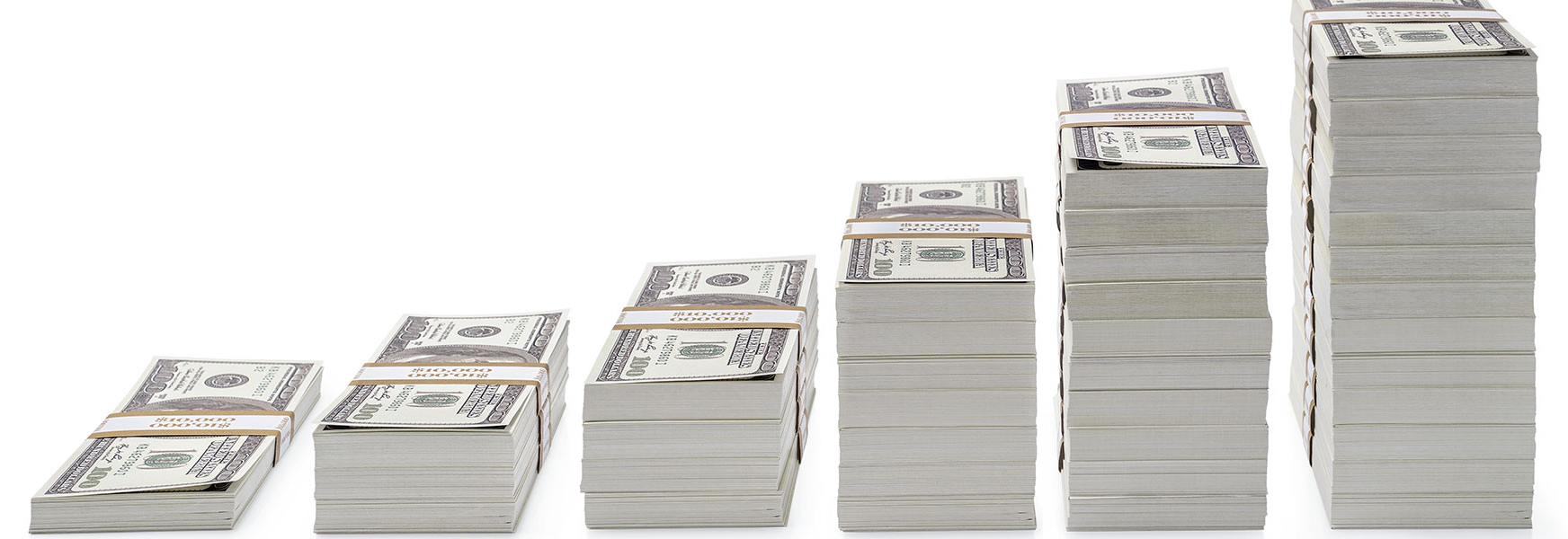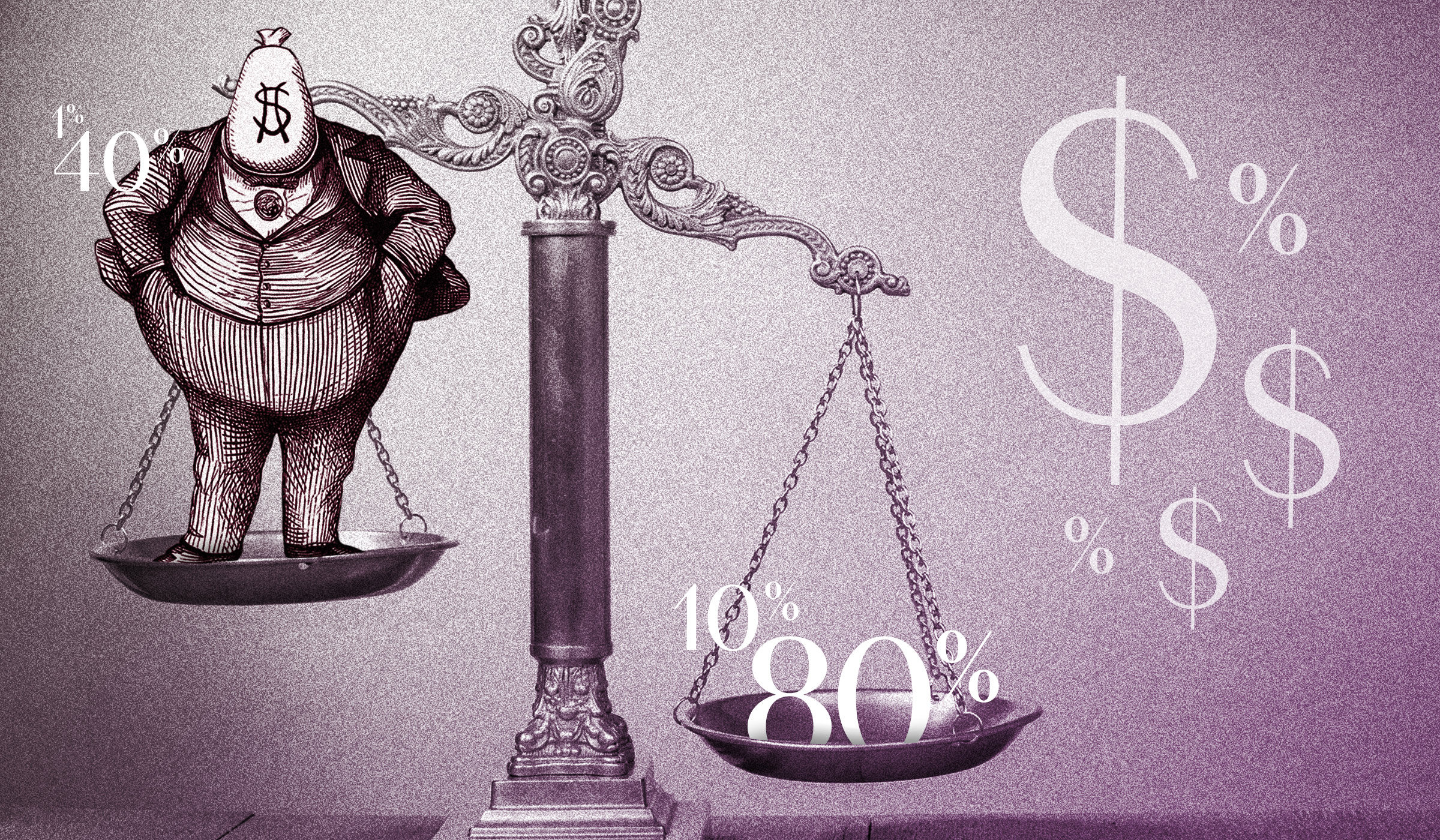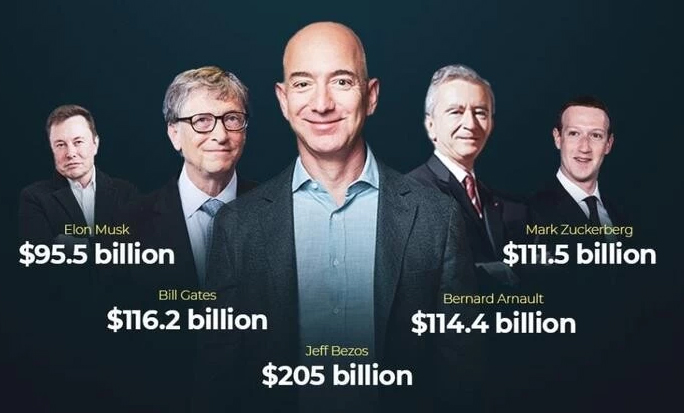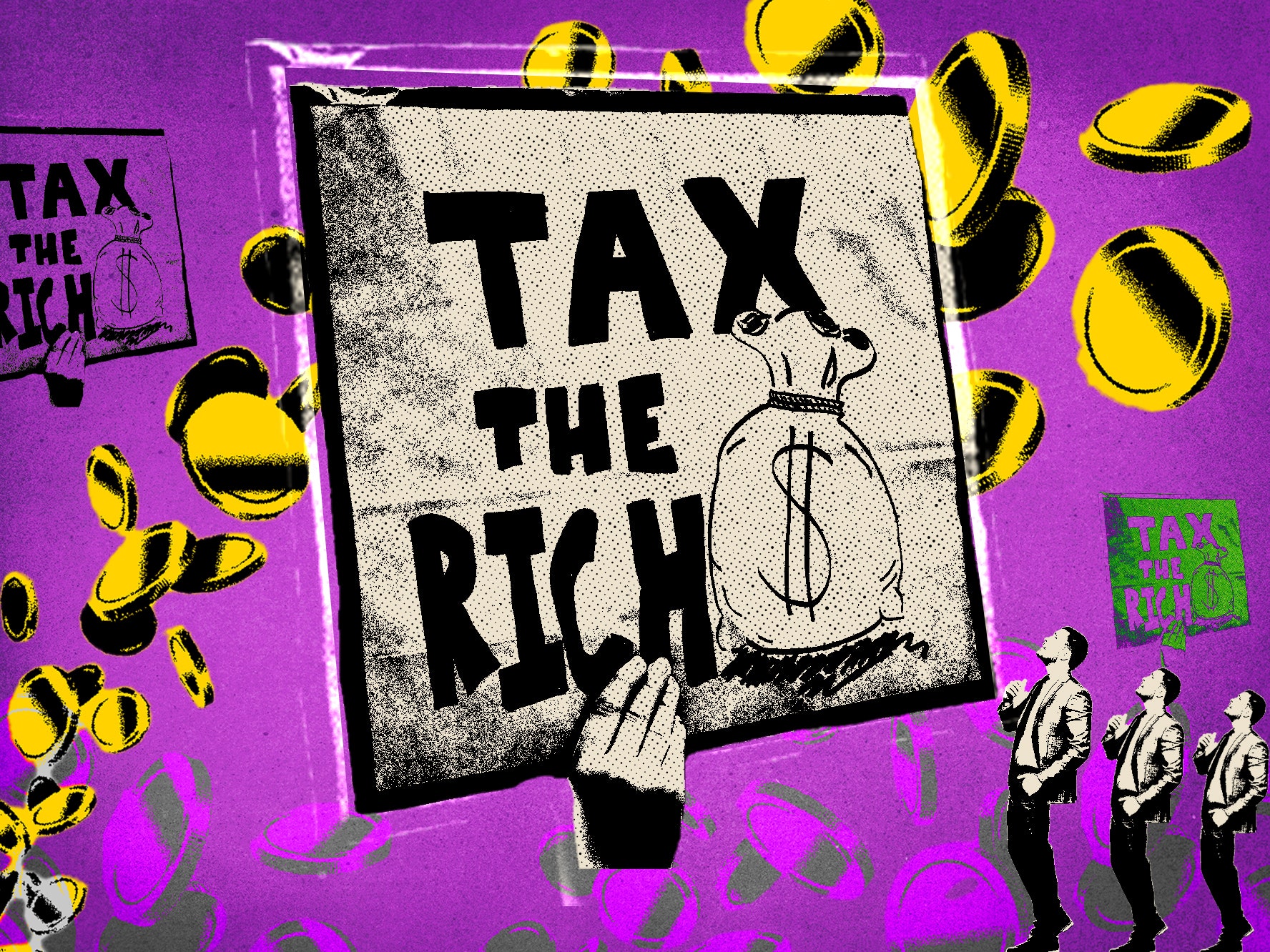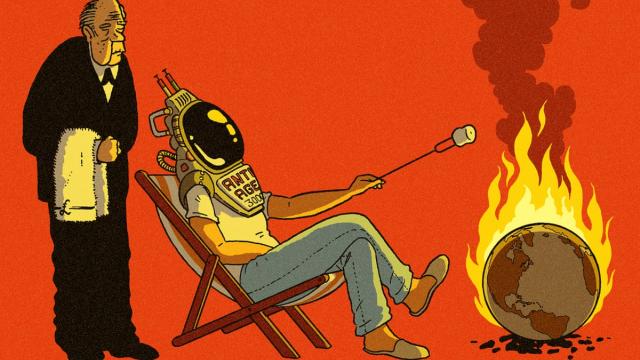
This is the 21st installment in a series about extending the Green New Deal to confront multiple global crises. Read Part I (Deconstructing environmental racism), II (Rural renewal), III (Upcycle the war machine), IV (GND manifestos), V (No oil bailouts), VI (No corporate ecocide), VII (Defund the police), VIII (Zero Covid approach: NZ), IX (Finnish equality lessons), X (Denmark stops drilling), XI (Costa Rica rewilding), XII (Indigenous justice), XIII (Free public transport) XIV (No borders), XV (Chile's democratic revolution), XVI (Undermining neoliberal dogma), XVII (Climate Litigation), XVIII (Degrowth), XIX (Bullshit Jobs) and XX (Universal Basic Income).
The worldwide cost of living crisis is the latest chapter in a long story in which the masses have been made poorer all so that a few people can be made richer.
A socially and ecologically just transformation must redistribute wealth. There are many political and economic mechanisms to do this, such as universal welfare and services—and the primary one, taxing the rich.
Equally important, we need to reverse the policies that make the super-rich even richer. Yet perhaps even more vital is our ability to make the ethical case: a minority of people being rich at the majority’s expense creates a toxic social, political and ecological legacy.
Toxic richness
Oxfam calculated last year that between 2020 and 2022, as average global energy and food prices rose by 30 percent, those who owned corporations profiting in those industries pocketed nearly half a trillion US dollars.
This is emblematic of the status quo: shocking, yet unsurprising. The news constantly reveals the ways that capitalism, and capitalists, profit from crisis—from the post-2008 bank bailouts to the dubious public contracts granted in response to the Covid pandemic (not least in the UK and US). On a regular basis, hedge funds react to crises by short-selling, a practice that both profits and deepens a disaster connected to everything from food scarcity to economic crises.
The list, of course, runs far longer than these three examples, and a continual body of research substantiates the case. Academics Jonathan Nitzan and Shimshon Bichler from the London School of Economics have studied the wealthiest in the US over the last century, and they contradict the commonly held idea that capitalists should prefer periods of economic growth and high employment.
Nitzan and Bichler show quantitatively how capitalists’ share of wealth increases as unemployment increases, with strong correlation. They explain: “For any group to increase its relative power in society, that group must be able to strategically sabotage others in that society. This rule derives from the very logic of power relations. It means that capitalists, seeking to augment their income-share-read-power, have to threaten or undermine the rest of society. And one of the key weapons they use in this power struggle—sometimes conscientiously, though usually by default—is unemployment.”
Rich myths
Today's global cost of living crises dominates the headlines. Yet mainstream analyses rarely explore how the cost of living crisis has built on and accelerated already existing massive structural inequalities. The mainstream narrative has instead, of late, focused on three central causes: the war in Ukraine and its impact on oil and food prices, the Covid pandemic, and supply chain problems.
These factors have indeed made the cost of living crisis worse. Fewer people are able to afford housing, food and energy to survive and live with a decent standard of living. The impacts of these realities are very real. Yet the cost of living crisis is only the latest reason why many people are becoming impoverished as other people continue to get richer.
Over the last 40 years the global rich have gotten far wealthier, in relative and real terms. They have justified this by selling and promoting the idea that society should strive to increase personal freedom as opposed to liberating or supporting society as a whole. Part 16 of this series showed how the doctrine of neoliberalism gained ascendancy and went on to dominate politics for half a century: it sold the idea of freedom, when in reality the systemic adjustment only gave more freedom and power to the rich.
It is also worth noting that living in the neoliberal period also means living in an age of massive waste and overconsumption. Capitalists extract wealth while presiding over a system that makes no sense in terms of its sustainability, not to mention fairness. One example is food production. Due to the way food is commodified and sold (or often short-sold), a third of food globally is wasted.
The system as it currently stands does not benefit growers. Instead it benefits major corporations. Likewise, while there is massive homelessness, houses sit empty as they have been commodified into rich people's investments. For instance, in the US, an estimated one in ten homes are vacant, and one in five in some states.
To transform our economy into one that makes sense and offers a future for the majority, not just the minority, we can degrow and thereby end these wasteful practices. We need a narrative that conveys how toxic and lethal it is to have a super-rich class. For this, we need to challenge the myth that this class of people does anything actually positive for the world.
Make rich people history
The rich are driving the ecological meltdown, widely known as climate change. In terms of consumption, the richest 10 percent have caused over half the world’s greenhouse gas emissions, while the richest 1 percent alone have caused 15 percent of emissions. Think of their multiple heated swimming pools, private jets, luxury yacht and gas-guzzling vehicles, even private space flights.
On the production side, between 1988 and 2017, 100 corporations were responsible for over 70 percent of global emissions, according to a Carbon Majors report.
The same over-consuming people own or are overpaid by these corporations. These are the same individuals who use their wealth to corrupt governments and slow pathways to a low-carbon future.
Another way of putting it: the rich are killing our planet. We need to create a narrative to challenge their wealth and devastating power, which are inextricably connected. The rich have never had it so good due to neoliberal policies that have dominated over the last 50 years. Yet even before then, there were massive structural inequalities along with the myths to substantiate these imbalances.
Estimates suggest 60 percent of all wealth, globally, is held in property, a concentration of ownership and exclusion that began during the early stages of capitalism, around the 16th century, when common land across Europe and later across the world became enclosed. Narratives were created to justify this theft; for example, women were demonized as witches, as Silvia Federici expertly catalogs in her book Caliban and the Witch—a relevant point since women were at the forefront of pitched battles to stop the enclosures.
Equally, during the early stages of capitalism, narratives were created about an “undeserving poor”: people, now landless, who refused to do what the new capitalist class wanted them to do, namely to work hard and be subservient.
Universal counter narratives
Social and ecological transformation is clearly impossible without challenging the richest. They profited while creating the situation we live in today. There are many mechanisms for wealth redistribution, which have been explored throughout this series. Yet it is vital that we also undermine all of the myths and false assumptions that deflect attention away from the perpetrators while blaming those who should be considered victims.
We need, foremost, to create an alternative ethical framework that values universalism. For anyone to live a good life, everyone needs to live one. Equally important, we need to live in a world where power is distributed far more equally.
These ideas are hardly new, yet they’re essential to include in any vision of a green, just future. Finally, it is worth asking how much wealth—and how much power—is too much for any one person to have? Once we’ve established that bar, the rest is about designing and enforcing policies to get there.

